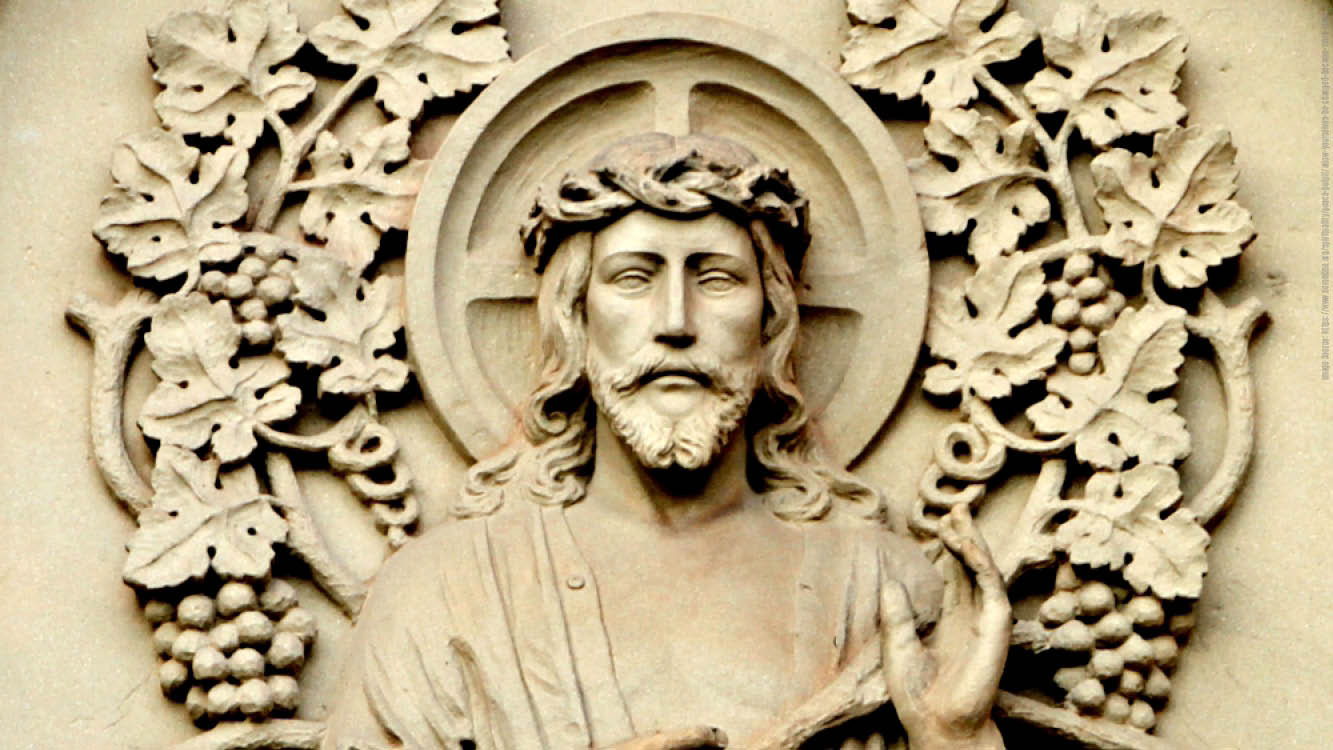
Q. What is meant by ‘Baptism of Repentance’?
It is the baptism of cleansing. The individual would have to confess and repent for sins before receiving baptism. The use of water in the ritual signifies/symbolises the internal spiritual washing/cleansing of the individual.
Q. Why did John the Baptist preach and perform the ‘Baptism of Repentance’?
John the Baptist was given a special divine mission. It was a mission to prepare the people to welcome the Messiah (Jesus) and receive His teachings (Gospel). The recognizing of Jesus as the Messiah and accepting His teachings would require an open, welcoming, and clean heart. Hence John the Baptist was preparing the people of Israel for the coming of Jesus not only by convicting them of wrong but guiding them towards repentance and cleansing them, symbolised through the baptismal waters of the river Jordan.
Q. If John’s Baptism of Repentance was for sinners, why did Jesus receive John’s Baptism?
Let us be clear, Jesus was always without sin and he certainly did not require to receive John’s baptism. John the Baptist himself acknowledges that Jesus should be the one baptizing him instead of the other way around (Matthew 3:14). However, Jesus chose to receive John’s Baptism for one specific purpose – Jesus identifies himself with humanity, He is one of us. Sinful humanity had lost communication with God for hundreds of years since the death of the last of the prophets. But, since Jesus is one of us, the communication between God and humanity has been restored signified by the opening of the heavens, the decent of the Holy Spirit in the form of a dove over Jesus and the speaking of God the Father while Jesus was praying during His baptism.
Jeff Cavins, a renowned American Catholic Evangelist and Scripture Scholar shares an interesting insight behind sinless Jesus accepting John’s Baptism of Repentance. Well, while John baptized his followers, their sins were washed away into the river Jordan. Therefore, when Jesus enters into the river Jordan for John’s Baptism, He takes upon himself all the sins of humanity washed into the river – it is a glimpse of Jesus’ mission as a sacrificial Lamb of God.
Q. Is the sacrament of Baptism in the Catholic Church today, the same as John’s Baptism of Repentance?
No, the sacrament of Baptism in the Catholic Church today is understood from the perspective of Jesus in the New Testament, and it accomplishes several things. Firstly, baptism of an individual establishes a Covenantal relationship between the individual and God i.e., the individual is considered to be part of God’s family. Secondly, it accomplishes the remission of sin – both original sin and other sin. Thirdly, it bestows the graces of Jesus’ loving sacrifice to live a Christian life despite human imperfections. Lastly, baptism empowers the Christian with the Holy Spirit. Therefore, Baptism in the Catholic Church today is not John’s Baptism of Repentance but it is Jesus’ Baptism of water (for washing) and the Holy Spirit (for regeneration and renewal).
Q. Why is Baptism a sacrament?
Sacraments are visible signs of the invisible grace imparted to work in our lives. They strengthen and enable the faithful to live a whole, meaningful and enriched Christian life of faith. Baptism is one of three sacraments of Christian initiation, the other two being Confirmation and the Eucharist that lay the foundations of every Christian life.
Q. Why does the Catholic Church have Infant Baptism?
Infant Baptism can be justified with scriptural support such as …
Peter says, ‘‘Repent, and be baptized every one of you in the name of Jesus Christ for the forgiveness of your sins; and you shall receive the gift of the Holy Spirit’’ (Acts 2:38). But Peter did not restrict this teaching to adults. He added, ‘‘For the promise is to you and to your children and to all that are far off, every one whom the Lord our God calls to him’’ (Acts 2:39)
Furthermore Jesus himself welcomes children to him as stated in Luke’s account of this event, which reads: ‘‘Now they were bringing even infants to him that he might touch them; and when the disciples saw it, they rebuked them. But Jesus called them to him, saying, ‘Let the children come to me, and do not hinder them; for to such belongs the kingdom of God’ ’’ (Luke 18:15–16).
‘‘Infants’’— children who are quite unable to approach Christ on their own and who could not possibly make a conscious decision to ‘‘accept Jesus as their personal Lord and Saviour.’’ But notice what Jesus said: ‘‘To such [referring to the infants and children who had been brought to him] belongs the kingdom of heaven.’’ The Lord did not require them to make a conscious decision. He says that they are precisely the kind of people who can come to him and receive the kingdom. So, on what basis, can infants and young children be excluded from the sacrament of baptism? If Jesus said ‘‘let them come unto me,’’ who are we to say ‘‘no,’’ and withhold baptism from them?
Therefore, although an infant or child is too young to have faith, one may be given the rite of membership in the knowledge that the infant or child will be raised in the faith.





3 Responses
Nice reflection and informative article on infant baptism. In the Old Testament, during the days of Noah, God used waters to cleanse the Earth from wicked people. As Fr. Mike Schmitz said in his homily on 9th Jan on the lines of, “Jesus entered the waters and made it significant.” That gives meaning to baptismal waters.
Baptism as this website states; is all about transformation. It is not a magic ritual, it is about abandoning ourselves in Christ’s Hands, and so marked by our willingness to enter the waters of Baptism. The willingness to enter the waters is a willingness to put aside and leave behind all our old ways, habits and ideologies. A willingness to re-learn at the feet of the Master, his ways, wisdom and understanding, and to live the same.
Baptism then is the outward action we perform, for the inward willingness in our hearts. It is like the action of taking oath in court. The oath taking is the action that what you now will testify to is the truth, and your testimony is the truth. Similarly, the action of Baptism is our outward proclamation to the internal and external life we are going to live under the Lordship of Jesus Christ.
In the words of Jesus to Nicodemus; this is the meaning of being Born Again.
I liked the clear responses to the FAQs like Is the Baptism of the Catholic Church same as or like that of the Baptism of John the Baptist… This was enlightenment… Then… Infant Baptism… Why…here too it was heartening to read WHY.
Most important of all it is wonderful to belong to The Family of Our God…